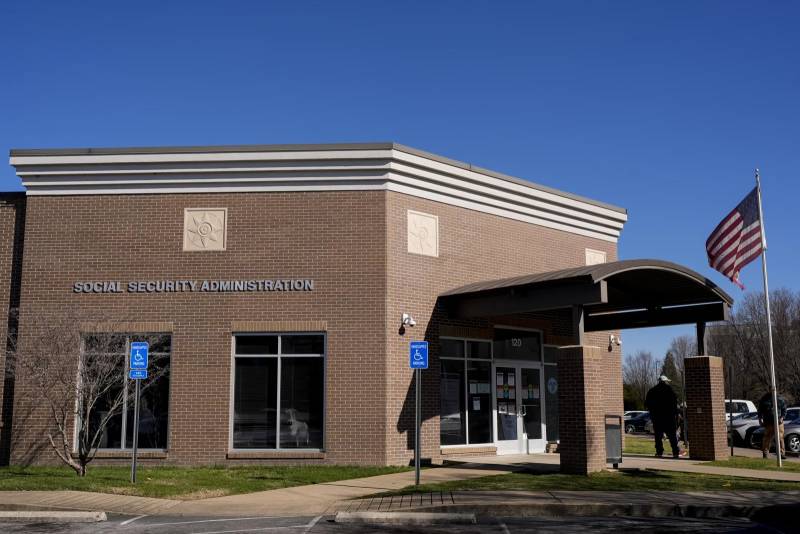Couture said the union, however, has not heard any “well-developed plan for ensuring that there was orderly knowledge transfer” as people are placed in those roles.
Laura Haltzel was the former associate commissioner for the SSA’s Office of Research, Evaluation and Statistics in the agency’s Maryland headquarters. Rather than volunteer for reassignment and face more uncertainty, she decided to take an offer of early retirement.
Haltzel said there are problems with the expectation that workers in roles like hers would be able to quickly jump in and replace the thousands of frontline workers that have left. She called the plan a “sort of mythical idea.”
“We’ve lost an extreme amount of expertise and knowledge that we simply are not going to get back,” she said. “Let’s say somebody in my team, who is a statistician, [you] suddenly turn them into a claims processor. It takes two years of training for someone to become proficient at taking a Social Security claim because of the complexity of the law. That is not something that you can simply plug somebody into overnight and keep up at the same pace as it had been operating previously.”
And to meet the overall staffing goal, agency officials are urging more workers in “non-critical roles” at headquarters to consider the deferred resignation program.
But Haltzel said it’s an open question whether many of these workers will want to leave, despite the pressure.
“People are taking reassignments out of fear that they will have no jobs because the entire economy in the D.C. area now is affected by a loss of employment across the federal landscape,” she said. “And for all of these individuals to find new jobs in the private sector, that’s simply not a reality, particularly from the Social Security Administration, for which there is no private equivalent.”
A spokesperson for Social Security told NPR in a statement that the agency “has implemented its workforce optimization plan that focuses on reducing employees in non-mission-critical positions and bolstering staff in mission-critical roles” and that officials will “continue to monitor progress” of the staff reductions as they continue throughout the fiscal year.
Haltzel said she’s deeply concerned about the loss of expertise that has left the SSA in recent weeks. She said her former team, which analyzed whether the agency was doing a good job serving beneficiaries, has been cut by more than half.
“I hope that we’re able to sustain a basic minimum of knowledge in order to maintain the functioning of the agency,” Haltzel said. “But frankly, given that they have no control over who takes the reassignments and who simply retires and leaves, they could lose individuals where we are one person deep in knowledge. And once that knowledge is gone, it is gone. These people will not come back.”




